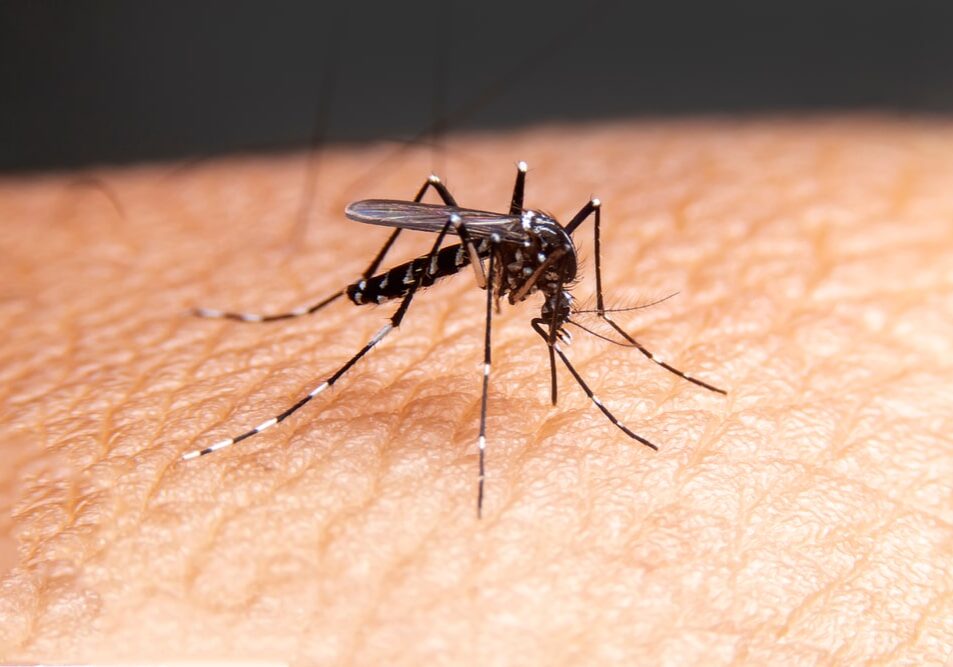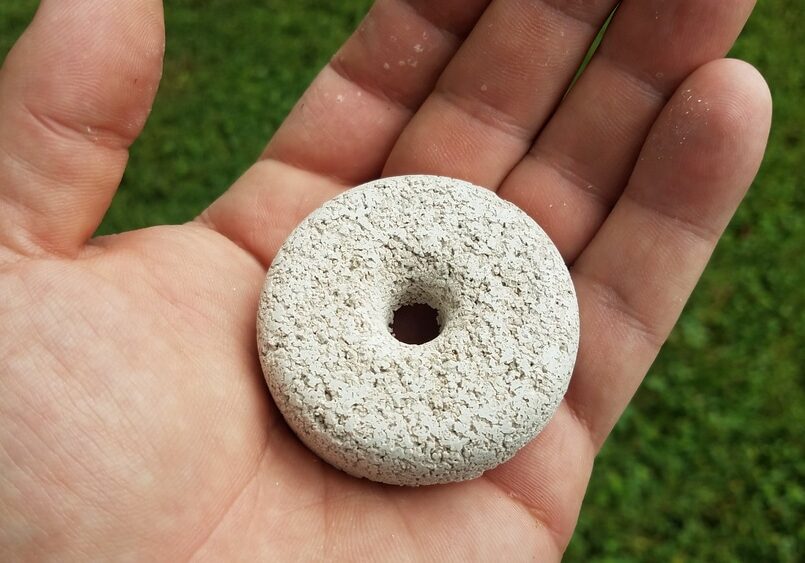If you’ve lived in Oklahoma for any length of time, you know that mosquitoes can be more than just a summertime nuisance. These tiny pests have a way of making outdoor fun uncomfortable, and more importantly, they can carry serious diseases like West Nile Virus. Understanding the lifecycle of mosquitoes in late summer—especially during August—can help homeowners take control and protect their families.
In this post, we’ll dive into the mosquito’s biology, how Oklahoma’s unique climate accelerates their breeding during August, and why this month is critical for professional mosquito control. Armed with this knowledge, you’ll see why now is the perfect time to take action.
Understanding Oklahoma’s Most Common Mosquito Species
Oklahoma is home to several mosquito species, but a few key players dominate the late summer season. Knowing which mosquitoes you’re dealing with helps in understanding their habits and risks.
-
Aedes Mosquitoes:
Often called “day biters,” Aedes mosquitoes are aggressive feeders that can transmit diseases such as Zika and dengue fever. They typically breed in small, stagnant water containers like flower pots, birdbaths, and clogged gutters.
-
Culex Mosquitoes:
These are the primary carriers of West Nile Virus in Oklahoma. Culex mosquitoes are mostly active from dusk until dawn and breed in larger, stagnant water sources such as storm drains, ponds, and marshy areas.
-
Anopheles Mosquitoes:
Known as malaria vectors in other parts of the world, these mosquitoes are less common in Oklahoma but still present in certain rural areas.
During August, populations of these species usually reach their peak due to favorable weather conditions and abundant breeding sites.

The Mosquito Lifecycle: What’s Happening in August?
To understand why August is such a critical time for mosquito control, it’s helpful to look at their four main lifecycle stages: egg, larva, pupa, and adult.
1 Egg Stage
To understand why August is such a critical time for mosquito control, it’s helpful to look at their four main lifecycle stages: egg, larva, pupa, and adult.
2 Larva Stage
Once hatched, the larvae—commonly known as “wigglers”—live in water and feed on organic matter and microorganisms. Warm temperatures in August accelerate their growth, allowing larvae to mature faster than during cooler months. Typically, this stage lasts from 4 to 14 days.
3 Pupa Stage
After growing through several molts, larvae enter the pupal stage, often called “tumblers.” This is a non-feeding, resting phase lasting 1 to 4 days, during which they develop into adult mosquitoes. Pupae stay near the water’s surface to breathe but are vulnerable to certain treatments.
4 Adult Stage
Adult mosquitoes emerge from the pupae ready to fly and feed. Female mosquitoes seek blood meals necessary for egg production, while males feed on nectar. Adult mosquitoes live for about 2 to 4 weeks in ideal conditions. During August, with the warm climate, multiple generations can occur, rapidly expanding the mosquito population.
Environmental Factors That Fuel Mosquito Breeding in August
Several environmental elements come together in August to create the perfect storm for mosquito proliferation:
-
Warm Temperatures:
Oklahoma’s summer heat speeds up mosquito development at all lifecycle stages, reducing the time from egg to adult. This means more generations in a shorter period.
-
Humidity:
High humidity levels support mosquito survival and activity. Mosquitoes thrive when the air feels moist, as it prevents dehydration.
-
Standing Water:
August often brings summer storms that leave behind puddles, clogged gutters, birdbaths, and other stagnant water sources—ideal breeding grounds.
-
Urban vs. Rural Habitats:
Urban environments offer many artificial containers for egg-laying, while rural and suburban areas may have natural water bodies or irrigation systems that serve as breeding sites.
Changes in rainfall patterns—whether heavy storms or drought conditions—can both impact mosquito activity. For example, after heavy rains, populations often spike because of abundant breeding sites, while drought can concentrate mosquitoes near remaining water sources, increasing their contact with people.
Why August Is the Most Critical Month for Mosquito Control
By August, the mosquito population has typically exploded after months of warm weather and favorable conditions. Here’s why this month demands extra attention:
-
Peak Mosquito Numbers
August tends to see the highest numbers of adult mosquitoes in Oklahoma, with multiple generations breeding rapidly. This surge increases biting pressure and the risk of disease transmission.
-
Heightened Risk of Mosquito-Borne Illnesses
Diseases like West Nile Virus are most commonly transmitted during late summer when mosquito numbers are at their peak. Controlling mosquitoes now reduces exposure risks for you and your family.
-
Increased Biting Activity
Adult female mosquitoes actively seek blood meals to produce more eggs, meaning bites become more frequent and aggressive. This not only causes discomfort but also increases chances of allergic reactions and infections.
-
Limitations of DIY Treatments
While homeowners can remove some standing water and use repellents, DIY methods alone are often not enough during this peak period. Mosquitoes breed in many hidden or hard-to-reach areas that require professional expertise and specialized treatments.
-
Breaking the Breeding Cycle
Interrupting the mosquito lifecycle during August is crucial to prevent an even larger population spike in the weeks ahead. Consistent and targeted treatments can significantly reduce breeding success.
How Professional Mosquito Control Works in Late Summer
To effectively combat the August mosquito boom, professional pest control companies like Emtec use a combination of strategies designed to address the mosquito lifecycle at multiple stages:
Professionals inspect your property to identify and eliminate hidden breeding sites you might miss—such as clogged drains, neglected containers, or dense foliage that holds moisture.

Protecting Your Home and Family This August
Understanding the mosquito lifecycle and why August is such a critical month empowers you to take effective action. While eliminating standing water around your home is important, professional mosquito control services provide the comprehensive approach needed to significantly reduce mosquito populations and protect your family.
If you want to enjoy your outdoor spaces without the worry of mosquito bites or health risks, now is the time to schedule a mosquito control service. The sooner the breeding cycle is disrupted, the better your chances of enjoying a mosquito-free late summer and early fall.
At Emtec Pest Control, we are committed to safe and responsible pest control. We understand that your family’s safety is your number one priority, so we make it our priority, too.
If you have any other questions about any of these pests or pest control for your home or business, contact your Oklahoma pest control experts at Emtec Pest Control by calling us or by filling out our online contact form.
